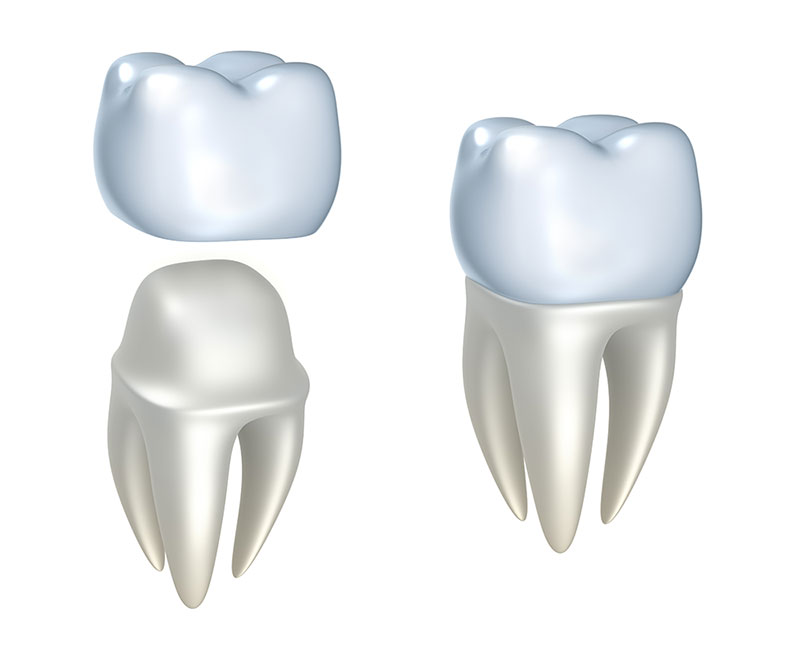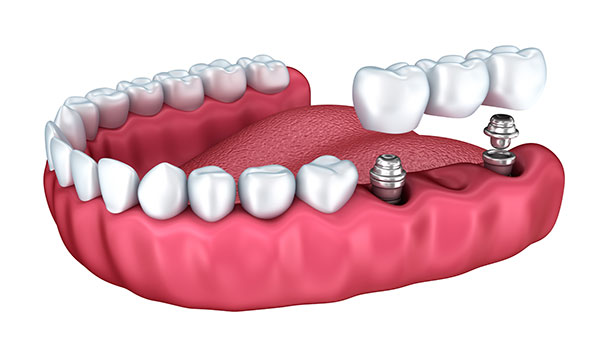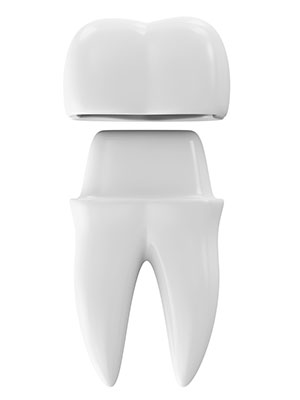
Tips To Keep Your Child’s Teeth Healthy
Keeping Your Child’s Teeth Healthy
While going to the dentist regularly is strongly encouraged, teaching your child good oral hygiene is arguably more important. Keeping your child’s teeth healthy is important to help the adult teeth come in properly. A good oral hygiene regimen includes both brushing and flossing. Brushing should be done 2 times per day – once in the morning and once just before bedtime. Flossing should be done before bedtime. When your child says they have brushed their teeth, it is best to check after. See if they did a good job, and cleaned all plaque from the front, back and tops of the teeth. They will appreciate their lovely smile when they are older. Prevention is the best way to avoid costly dental treatment
How Do I Know If My Child Is Brushing Properly?
Be in a well-lit area and pull their cheeks back. Plaque deposits usually accumulate along the gumline and can range in color from yellow to white, even colorless. If you are not sure, just use your clean fingernail to scrape gently along the tooth towards the gumline. Check to see if anything is stuck to your nail. If your child has brushed properly, there should be little to no plaque on your fingernails.
Alternatively, there are plaque disclosing solutions, tablets and mouth rinses available which will stain the plaque. The benefit of staining the plaque on the teeth is to give a clear visual cue on where leftover plaque is located after improper brushing. Use this as a teaching tool and have your child look in the mirror to see missed areas of brushing. Should there be some plaque remaining, you can guide their hand for them.

When can I let my child brush themselves?
The general rule of thumb is 8 years old before a child can do a proper job of brushing their teeth. If you are diligent, it may be younger. Brushing their own teeth is a life skill, and as such, it takes time to develop the necessary dexterity and technique to master it. The more experience your child has, the better they will get at it, and the sooner they will be able to do it themselves. Contact us to schedule your child’s next visit.






